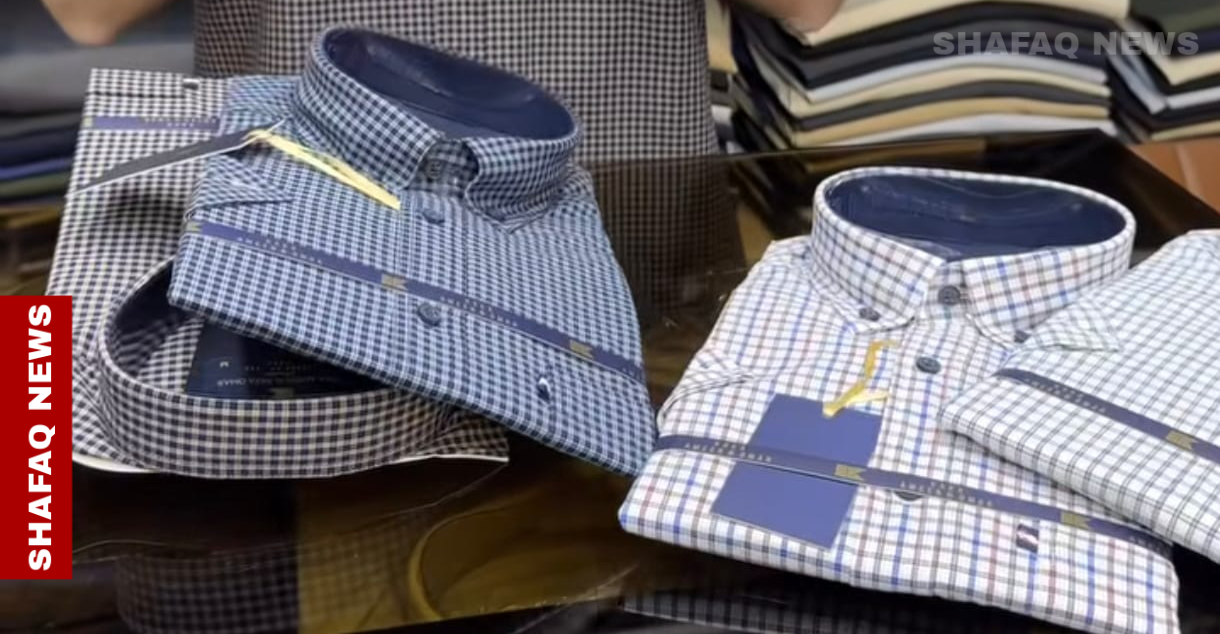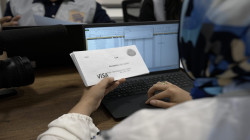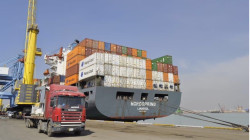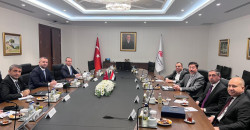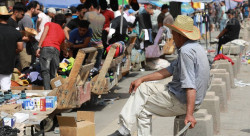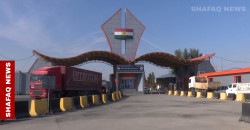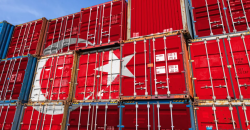Iraq’s closet goes Turkish: A trade story
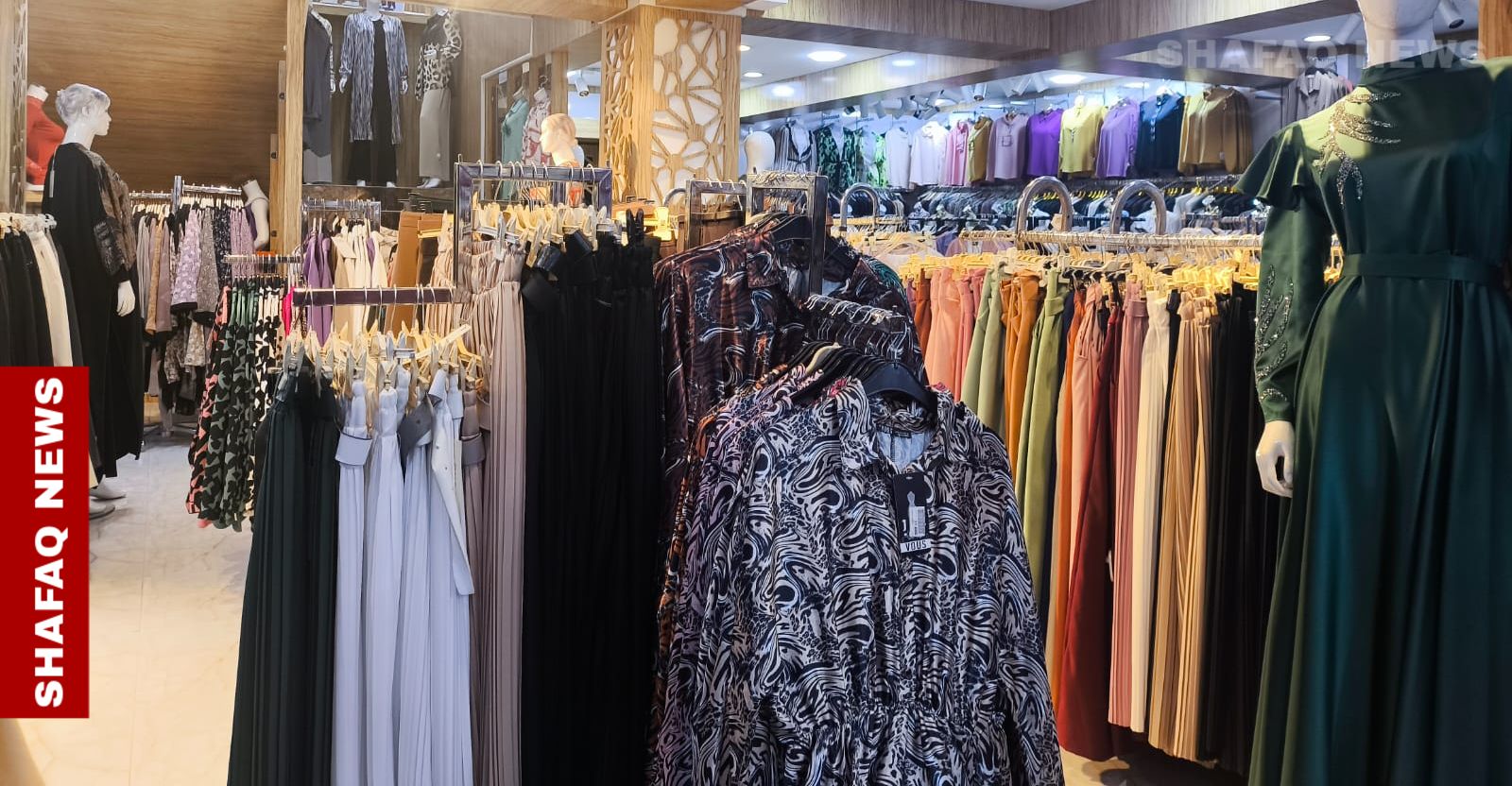
Shafaq News/ Turkish clothing maintains a commanding presence in Iraqi markets, fueled by strong consumer demand, geographic proximity, and growing confidence in product quality. This retail dominance mirrors a broader economic convergence, as Baghdad and Ankara aim to boost annual trade to $50 billion—a target shaped by both strategic priorities and market momentum.
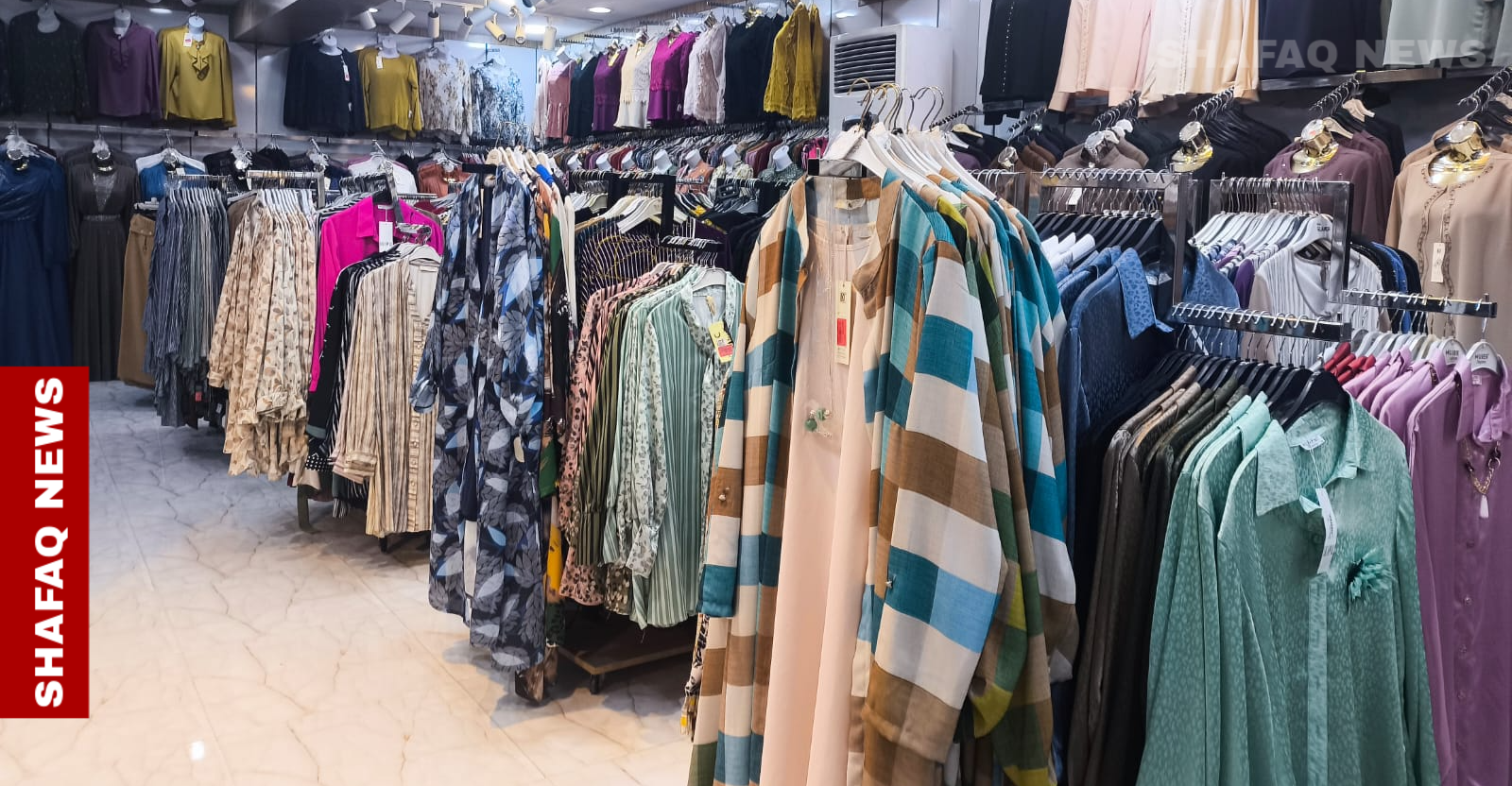
Threads of Diplomacy
Turkish brands are deeply woven into malls and markets across Baghdad, Basra, Kirkuk, the Kurdistan Region, and the south. Their ubiquity signals more than popularity—it reflects increasing economic interdependence, particularly in textiles, where Turkiye has emerged as a leading supplier.
This alignment is rooted in post-2003 trade growth, when Turkish exports to northern Iraq surged, laying the foundation for a durable commercial partnership. Momentum has since accelerated. Recent high-level visits by Prime Minister Mohammed Shia al-Sudani to Ankara and President Recep Tayyip Erdogan to Baghdad produced a series of agreements in infrastructure, energy, and trade.
Among the most ambitious is the Development Road project, a $17 billion initiative linking Iraq’s Grand Al-Faw Port to Turkiye via rail and highway corridors. Envisioned as a strategic transit route, the corridor is expected to diversify Iraq’s economy and enhance regional connectivity.
Security cooperation has also strengthened. Iraq’s recent decision to classify the Kurdistan Workers' Party (PKK) as a “terrorist group” was welcomed by Ankara, marking closer coordination on regional threats.
Turkish Textiles Take Over
The apparel sector stands out as a pillar of Iraq-Turkiye commerce. In 2023, Iraq imported approximately $798 million in Turkish textiles, making Turkiye its second-largest supplier after China. Turkish garments now represent nearly 90% of clothing in Iraqi shopping centers, according to Nawaf Qilij, Head of the International Association of Industrialists and Businessmen in Turkiye.
Imports rose sharply across several categories. Women’s suits, jackets, and knitted wear posted increases of 10% to 40% between 2022 and 2023, while T-shirts and vests climbed by over 30%. “This clothing has become part of Iraq’s daily consumption,” observed Saadoun Abbas of the Iraqi Chambers of Commerce, pointing to a blend of high demand and trusted quality.
Trader Yashar al-Bayati, who works in the New Baghdad Market, told Shafaq News that Iraqi customers now recognize Turkish fabrics for their superior cotton, intricate embroidery, and contemporary designs. “Turkish winter wear, in particular, sells quickly because it lasts longer compared to Chinese or locally made products.”
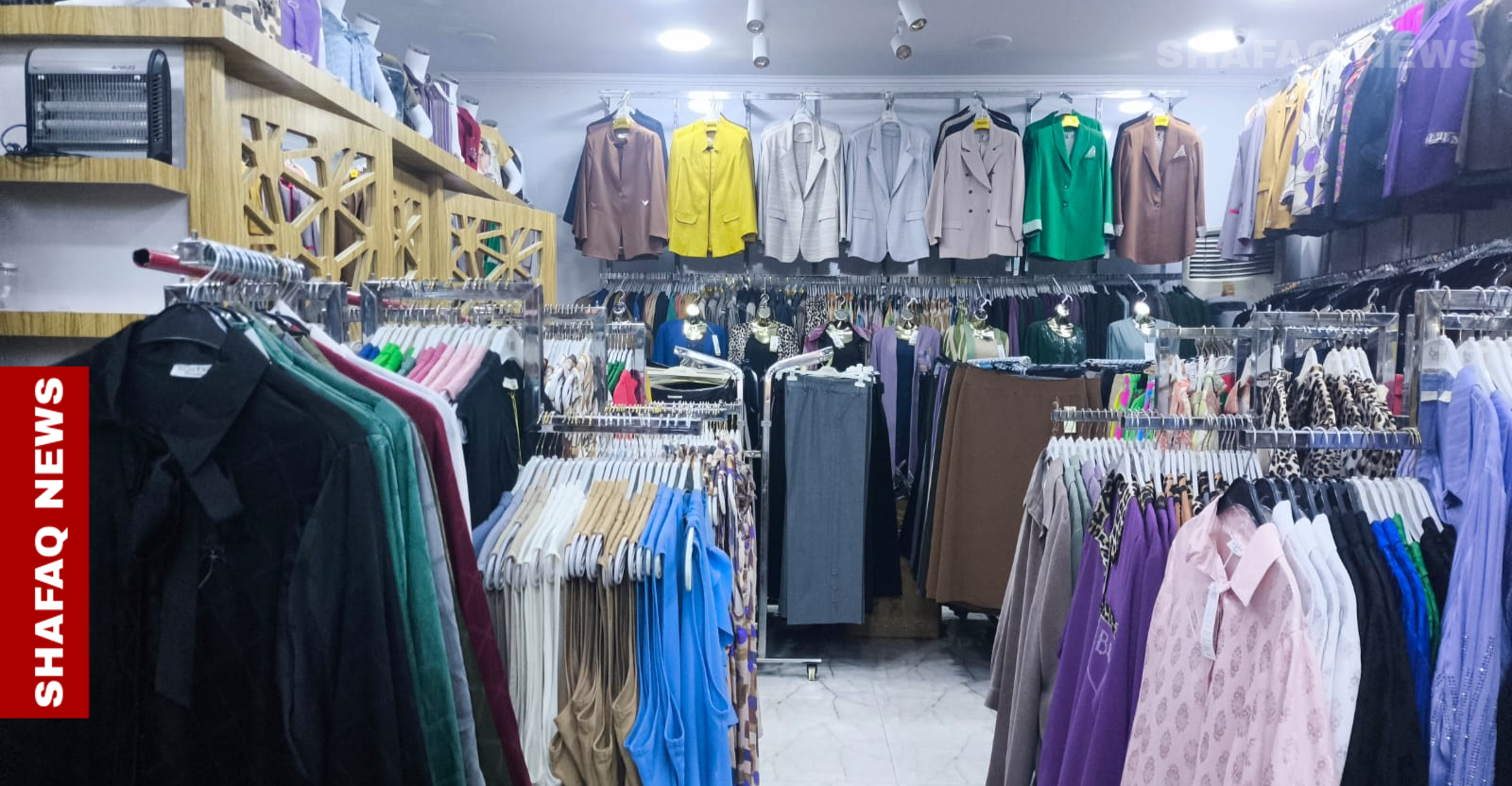
Despite strong imports, Iraq’s textile exports to Turkiye remain limited—just $896,000 in 2023—highlighting a significant trade imbalance. Still, demand for Turkish goods continues, driven by price competitiveness.
Consumer habits reinforce this pattern. Kirkuk-based civil servant Hanaa Jassim said she prefers Turkish brands for her children due to “comfort, elegance, and longevity.” Even higher-end women’s suits, some priced up to $200, remain in demand for their lasting quality.
Bottlenecks and Barriers
Structural challenges continue to limit the full potential of Iraq-Turkiye textile trade. The Khabur border crossing, currently the sole trade corridor, is overwhelmed by more than 2,000 trucks daily, creating a serious bottleneck. Industry voices have urged the opening of additional border points to alleviate congestion and streamline logistics.
Complicating matters are visa restrictions that hinder Turkish businesspeople from accessing key Iraqi provinces, slowing distribution and limiting market penetration.
Meanwhile, Iraq’s domestic textile sector is struggling to stay afloat. Burdened by rising production costs, limited state support, and weak tariff protections, local manufacturers face mounting pressure from Turkish imports.
Speaking to our agency, clothing trade expert Hussam Jamal cautioned that unchecked dependence on foreign apparel could further erode Iraq’s production base. Yet, he recognized Turkiye’s advantage, citing modern design and strong consumer demand as drivers of dominance. “The apparel sector,” he concluded, “remains one of the most dynamic areas of Iraqi-Turkish economic cooperation.”
